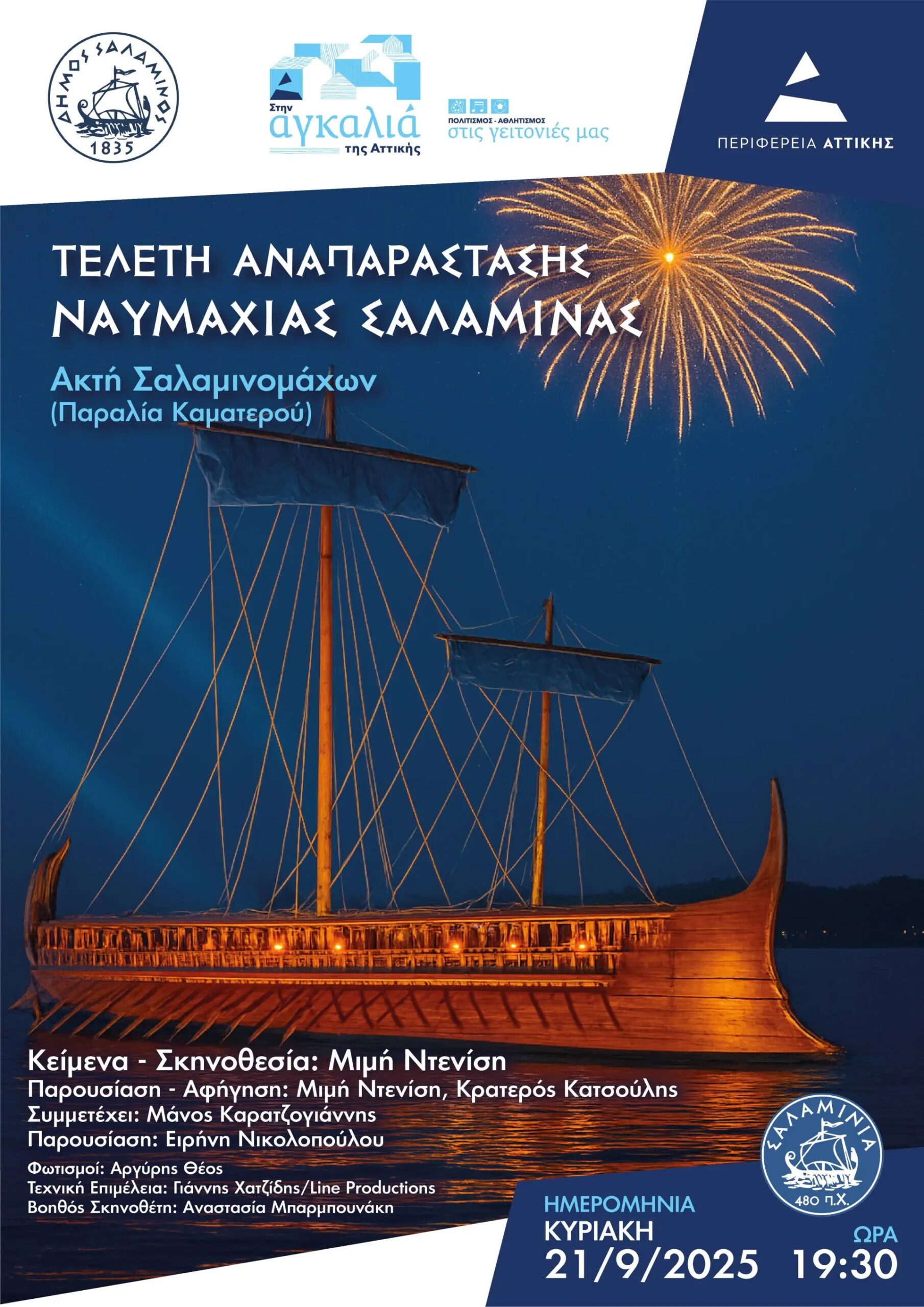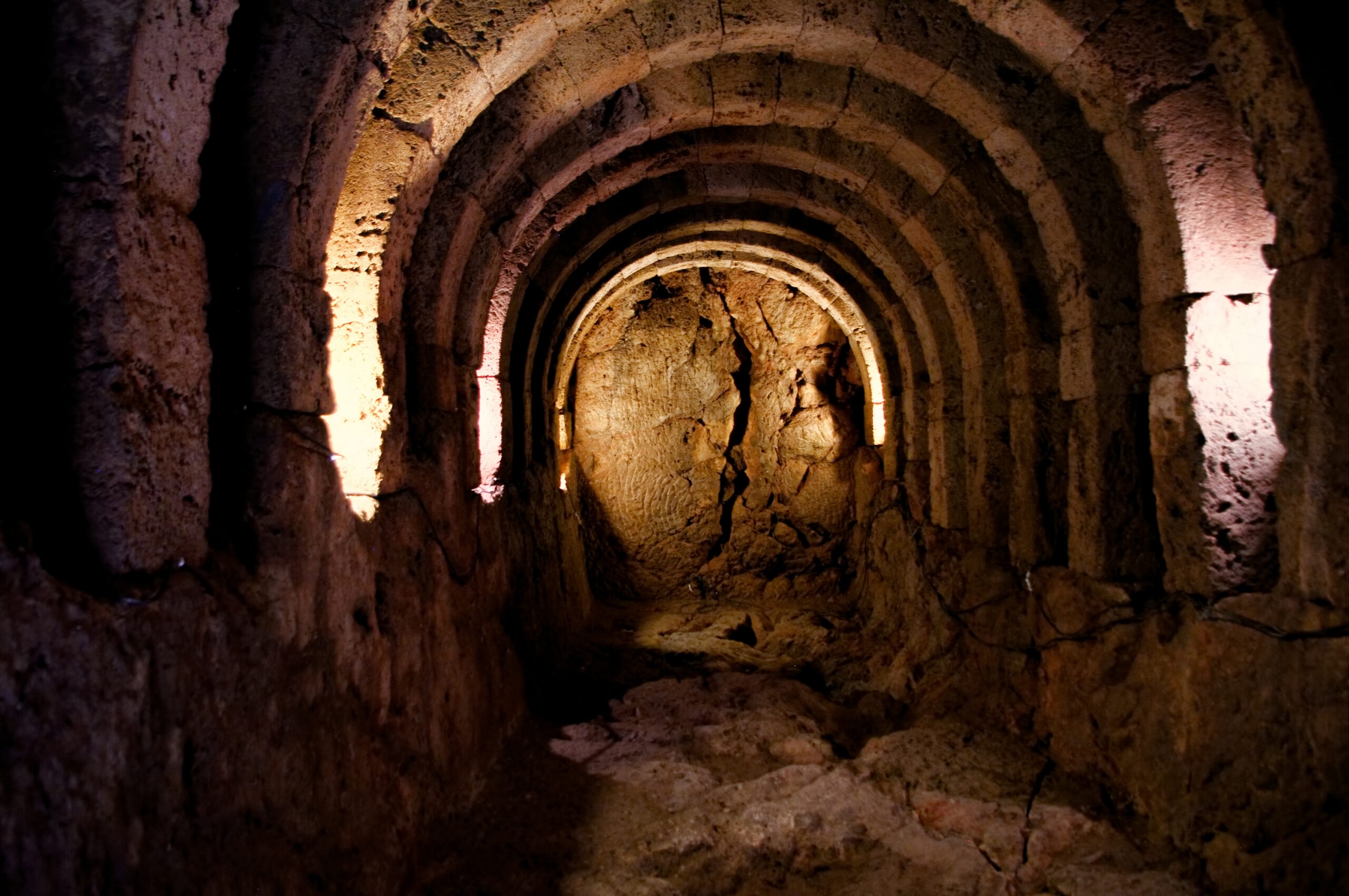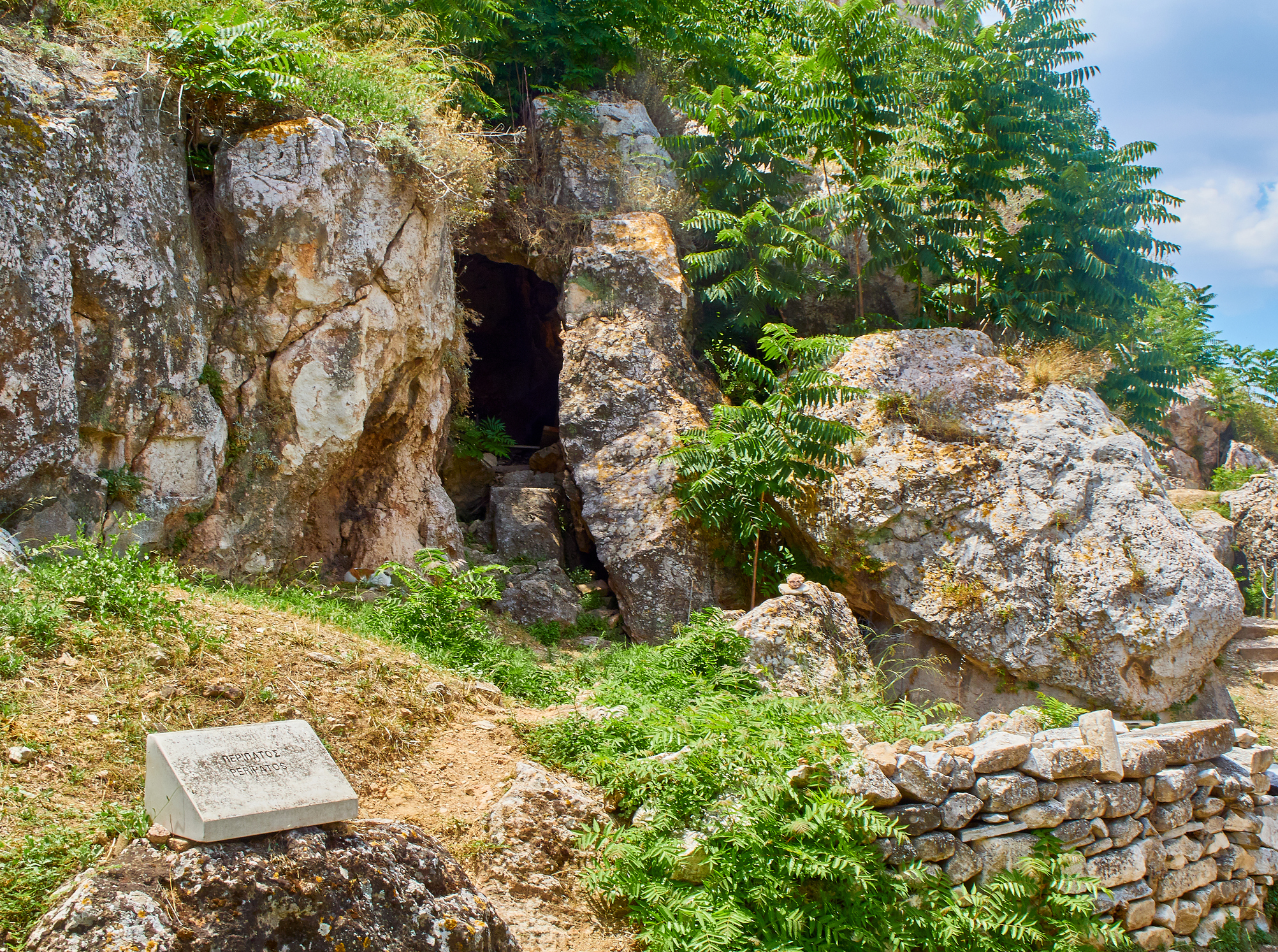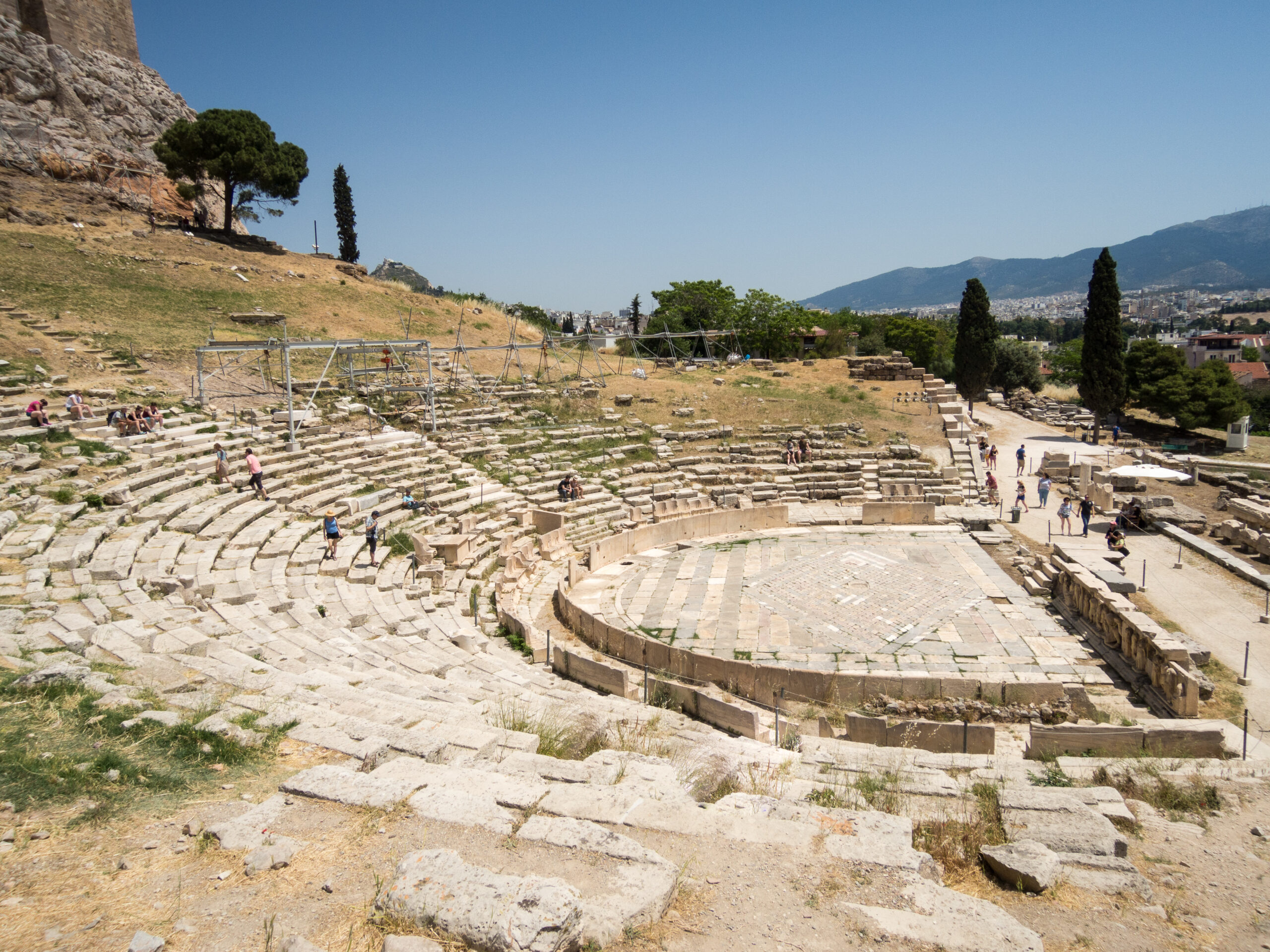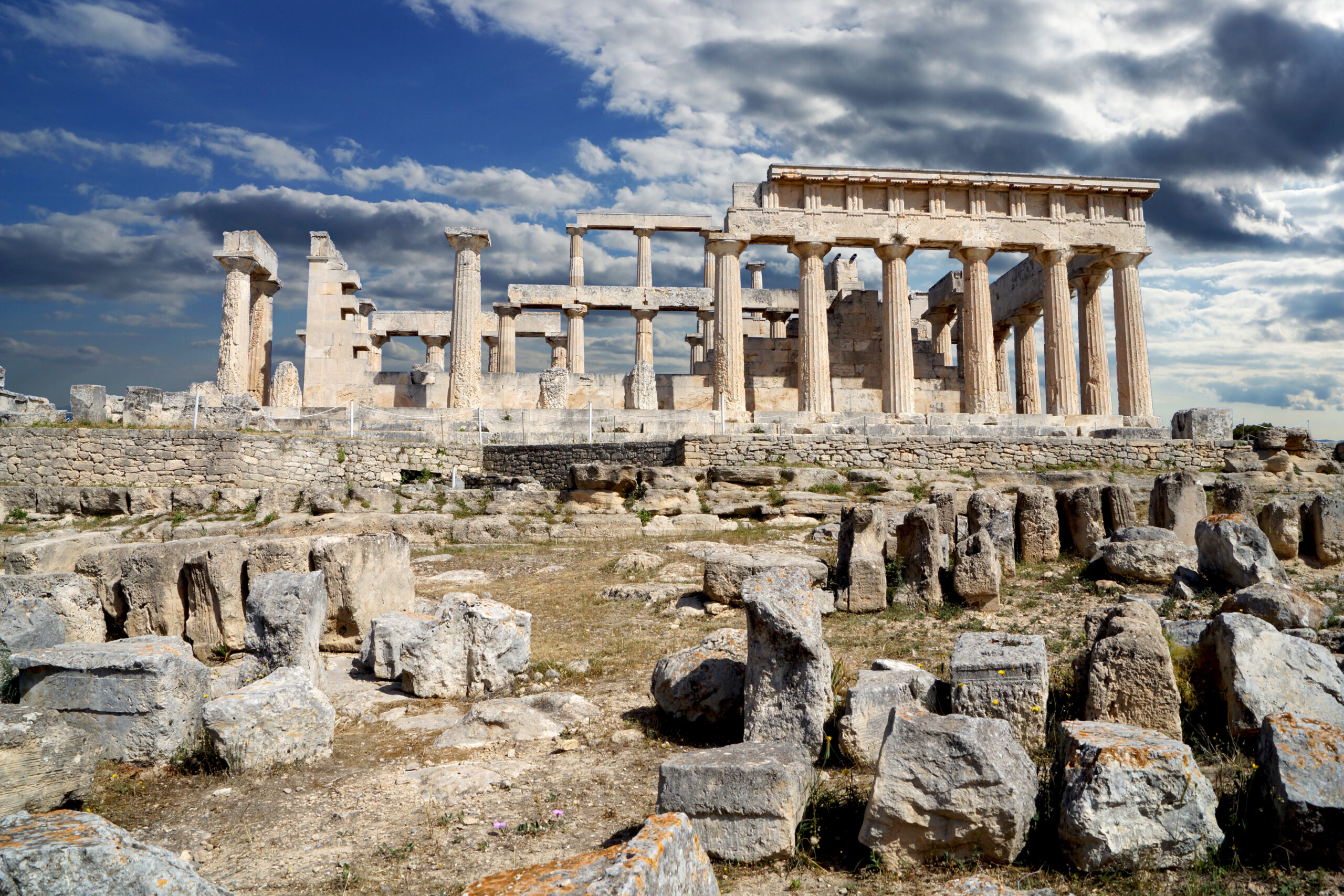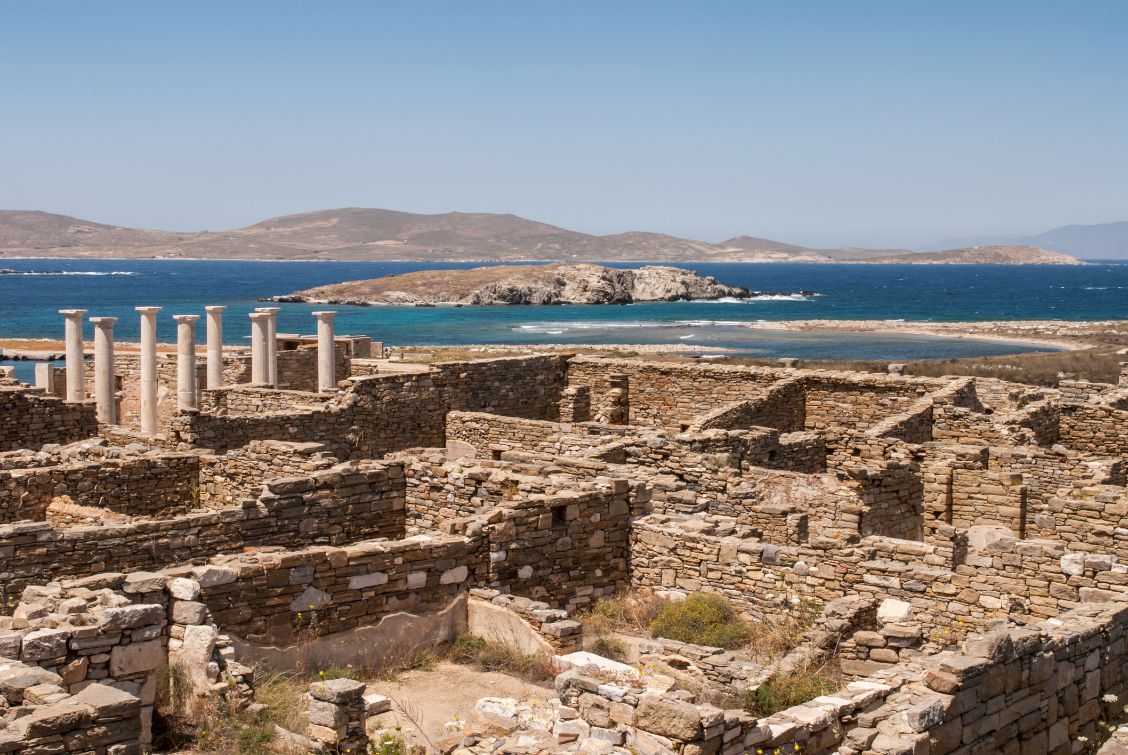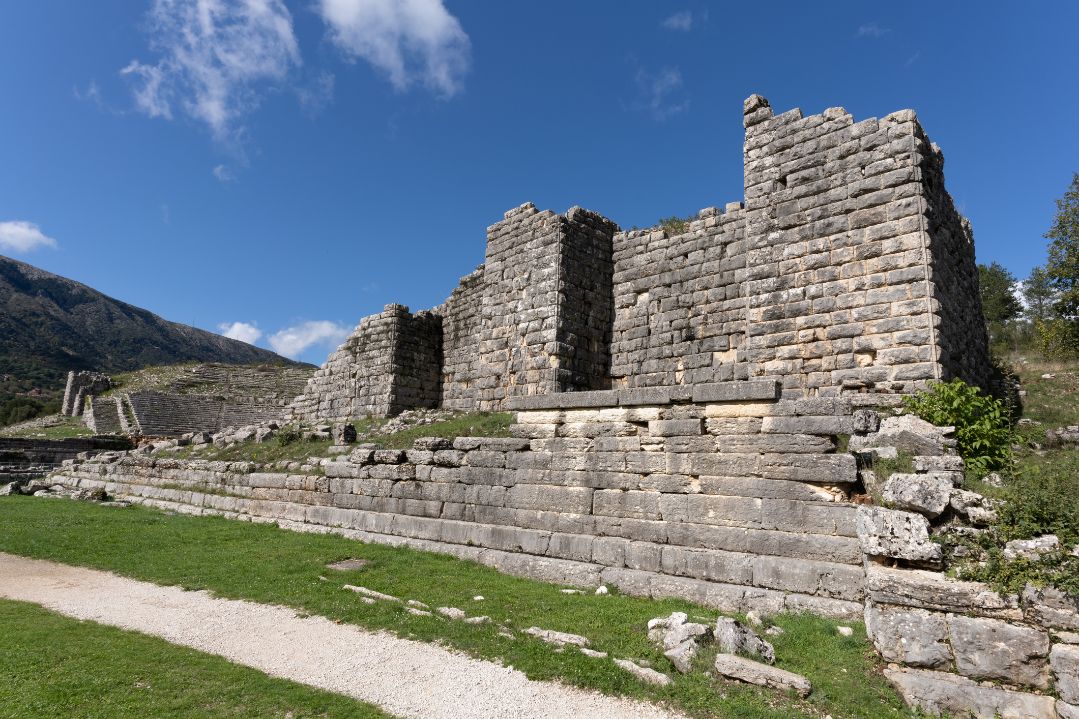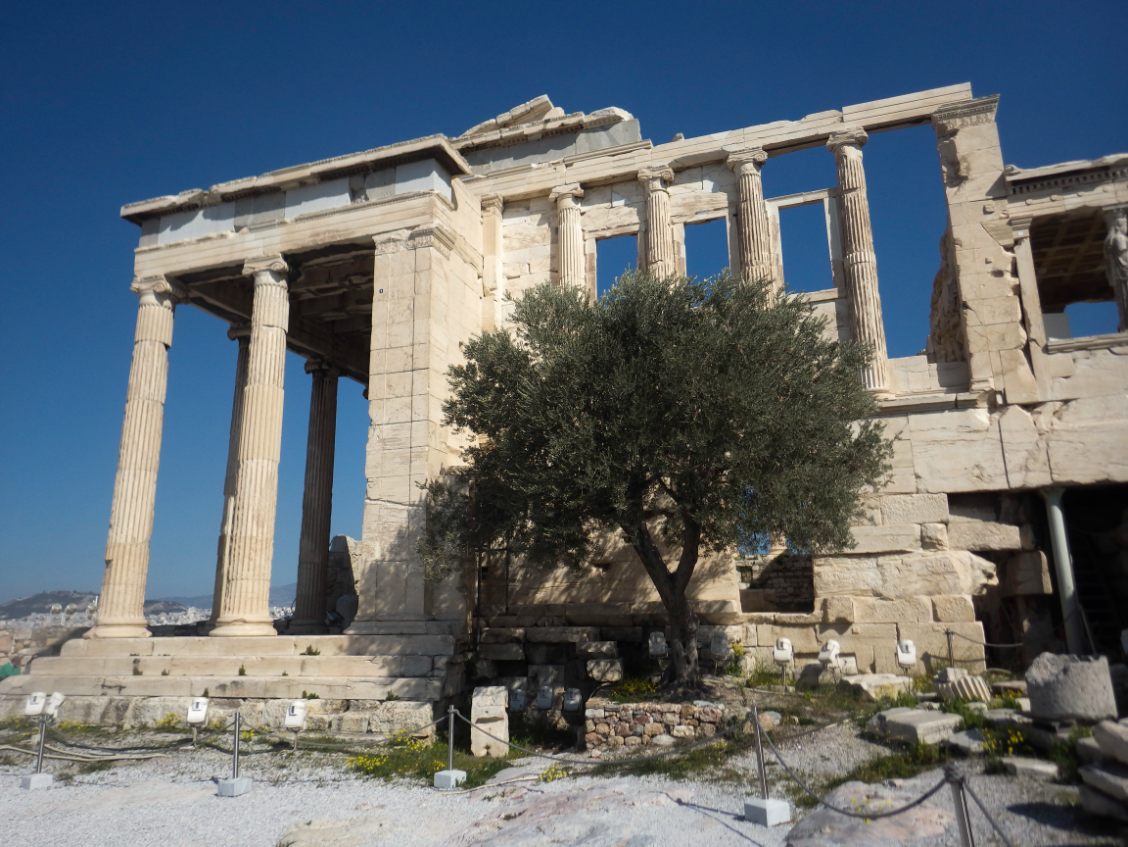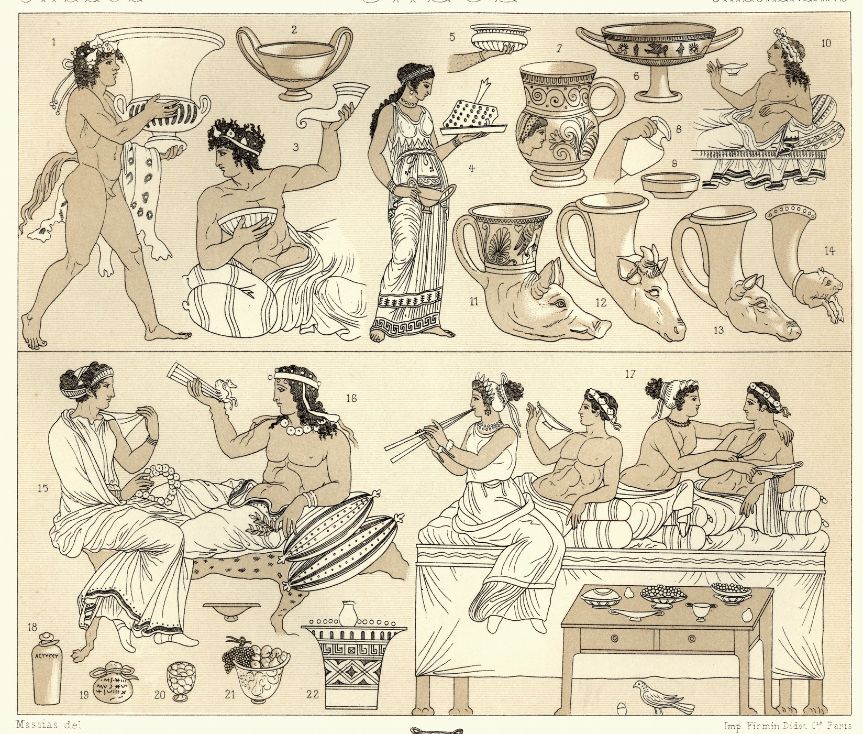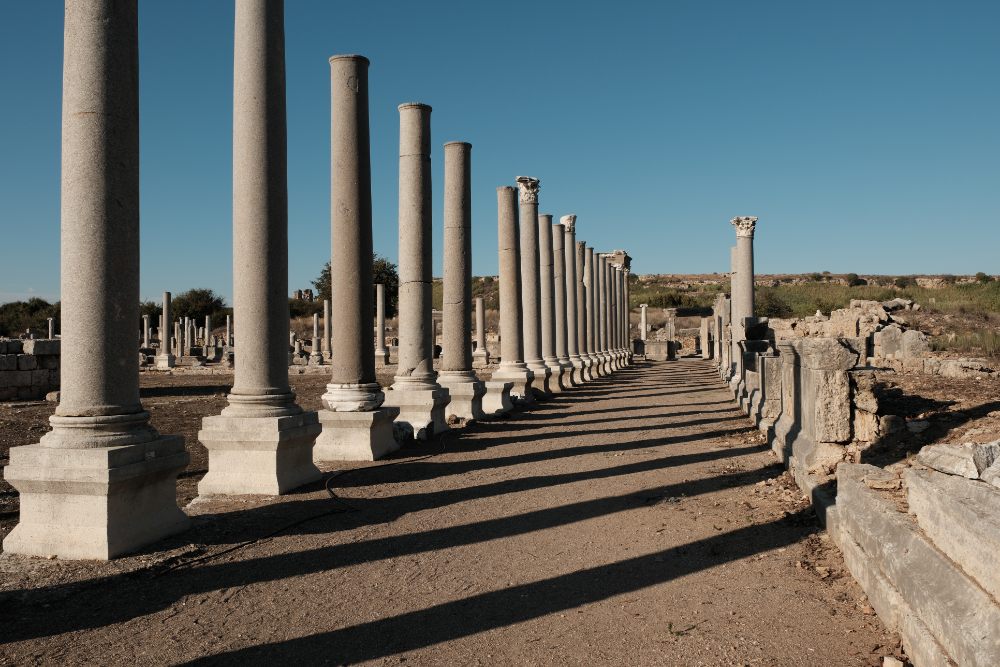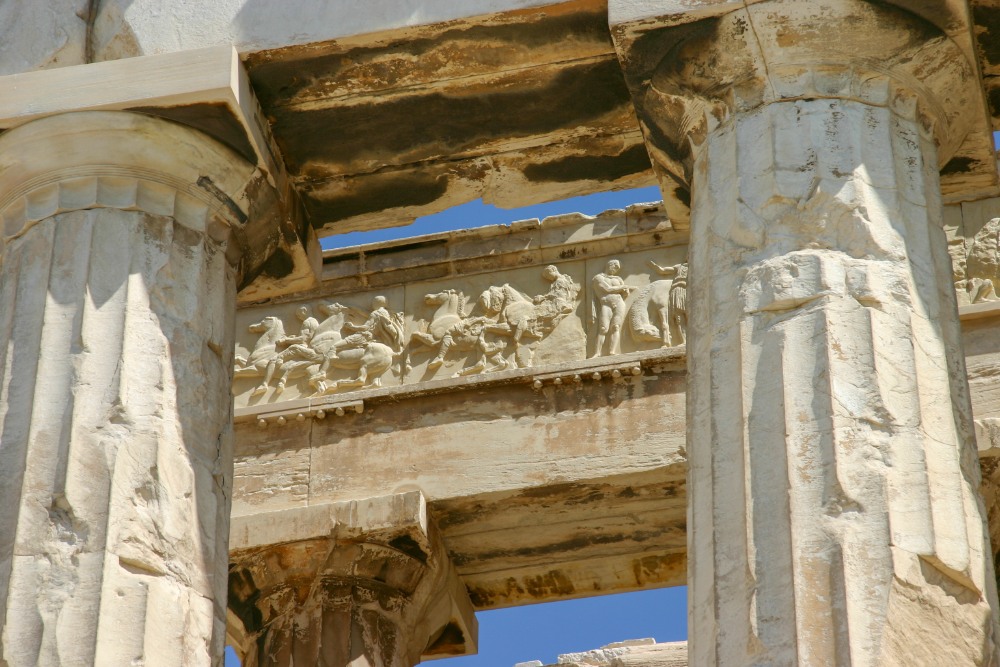Sanctuary of Secrets
The hidden sanctuary of Delphi, located on the slopes of Mount Parnassus in Greece, was revered in ancient times as the center of the world and the site of the Oracle of Delphi, where the priestess Pythia delivered prophetic insights. This sacred site, dedicated to Apollo, served as both a spiritual hub and a significant cultural and political center for the ancient Greeks, characterized by its iconic Temple of Apollo, which housed the oracle, and a series of treasuries built by various city-states to commemorate their victories and offerings to the gods.
Pilgrims traveled from far and wide to consult the oracle on matters ranging from personal dilemmas to crucial political decisions. The sanctuary also featured a theater where performances and festivals showcased the interplay between religion and the arts in Greek culture, and it hosted the Pythian Games, an early precursor to the modern Olympic Games celebrating athletic prowess and artistic talent.
The stunning natural beauty of Delphi enhanced the spiritual experience for visitors, and the exact location of the oracle added mystique to this hidden sanctuary. Today, the ruins of Delphi stand as a UNESCO World Heritage site, drawing visitors eager to explore the remnants of this ancient spiritual center and reflect on its enduring legacy in shaping Greek civilization.






